Glutamine can be the building block of everything we need to feel our best. It’s something that I use with most of my clients 1:1 at http://www.ThomasDeLauer.com What Does Glutamine Do? It is known to play a protective role in our immune and digestive systems – it is used medically to help those undergoing chemotherapy with both digestive problems and immune system function as well as for those diagnosed with bowel surgery to improve recovery. Glutamine is formed by our muscles and released into the bloodstream to be delivered where it is needed throughout the body. Glutamine provides nitrogen and carbon to cells throughout the body. Glutamine and the Immune Response: When our bodies have gone through something stressful, such as surgery or a traumatic episode, nitrogen is needed to keep organs functioning and to heal wounds. About ⅓ of this nitrogen is delivered via glutamine. While under healthy, normal conditions our bodies are able to create enough glutamine, when we experience lots of stress our bodies could use more glutamine via supplementation. This is because our bodies have been found to have lower blood and muscle glutamine levels after major stress. -This is likely due to the supply exceeding the demand This lowered glutamine plasma concentration is thought to be tied to the hampered immune system functions following such stressors. It was found that supplementation of glutamine following bone marrow transplantation was tied to lower infections and shorter hospital stays. (2) This positive impact on the immune system is through the effect of glutamine on lymphocyte proliferation and cytokine production. -Lymphocytes are a type of white blood cell that produce antibodies that attack invading cells and those of the body that have been taken over by the virus/cancer -Cytokines are molecules that aid cellular communication when immune responses occur, leading to cell movement towards injured sites such as infection and inflammation Glutamine and Healthy Gut Functioning: When you experience digestion problems such as bloating and pain, this is caused by inflammation. Just as glutamine aids in healing after a traumatic event, your body responds similarly to an inflamed gut, as inflammation is an immune response. When your gut is inflamed, the intestinal permeability increases. Large particles are able to pass through to the blood, causing your immune system to respond and attack food similar to how it attacks pathogens. The gut is not only responsible for digestion and nutrient absorption, but also protects us from invading pathogens. Glutamine has been linked to decreased intestinal permeability through its ability to strengthen the walls of the gut. Dosage: The average dietary consumption of glutamine per day is 6g. Supplements are available as L-glutamine in tablets, capsules or powder. How much to take depends on the symptoms that you are presenting, with the suggested daily supplementation ranging from 2 g to 20 g. Consult your doctor before taking large amounts of glutamine. If you have an ulcer or other health concern they can help guide you as to the best amount to take. If you are worried about your immune system or gut health, for example if you have experienced a recent trauma or are training for a marathon, supplement with 2 g to 5 g per day. References: 1. Glutamine http://www.webmd.com/vitamins-supplements/ingredientmono-878-glutamine.aspx?activeingredientid=878& 2. Glutamine and the immune system http://www.ncbi.nlm.nih.gov/pubmed/10582122 3. Lymphocytes http://www.ncbi.nlm.nih.gov/pubmedhealth/PMHT0022042/ 4. What are cytokines? http://www.news-medical.net/health/What-are-Cytokines.aspx 5. Glutamine: effect on the immune system, protein balance and intestinal functions http://www.ncbi.nlm.nih.gov/pubmed/9045524 6. Glutamine and whey protein…Crohn’s Disease http://www.ncbi.nlm.nih.gov/pubmed/22038507 7. Dosing and efficacy of glutamine supplementation http://jn.nutrition.org/content/138/10/2045S.full
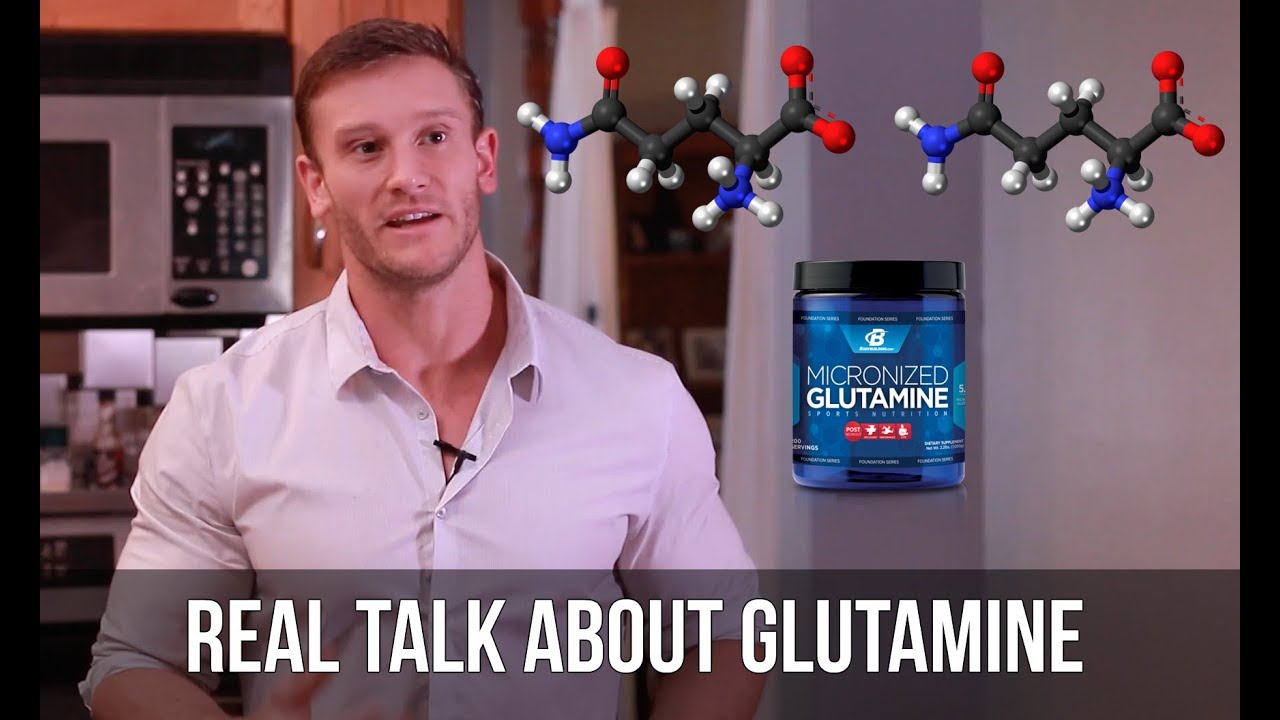
Glutamine: Health Benefits & Muscle Recovery- Thomas DeLauer
- Post author:
- Post published:May 26, 2021
- Post category:Uncategorized
- Post comments:0 Comments
You Might Also Like

Gastrointestinal Surgery Video – 4

Weight Gain Nutrition Video – 1

7 Habits That Make You Gain Weight

Personal Trainer/ Gym Instructor Video – 4

Heart attack (myocardial infarct) medications | NCLEX-RN | Khan Academy

How to Do a Squat | Gym Workout

Sprinting Running Video – 1
Diazepam

Anabolic Steroids – History, Definition, Use & Abuse Video – 19

New 7 Days Lemon Diet to Burn Fat and Detox Your Body

Top 5 Best Liver Supplements In Amazon India
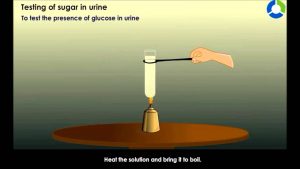
Testing of Sugar in Urine – Transportation in Animals and Plants (CBSE Grade 07 Biology)

Mind Blowing Chest Blitz !

Endocrine System Diabetes And Asanas Video – 3

What Is The Definition Of Anaerobic Medical Dictionary Free Online
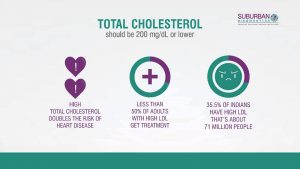
Why do a lipid profile Test | Suburban Diagnostics

Heart Disease in Women – Causes, Symptoms and Treatment Options for Women
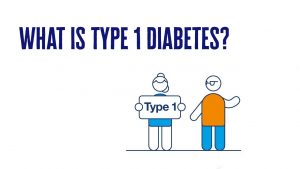
What Is Type 1 Diabetes? | 2 Minute Guide | Diabetes UK
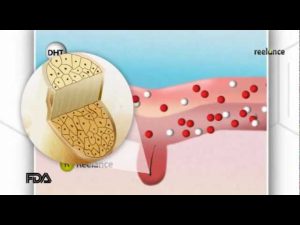
how to avoid hair loss for woman + minoxidil

Explosive Push Up – Killer home workouts for pecs & chest

What Is Semen
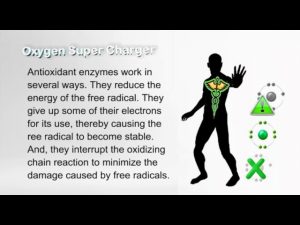
Oxygen, Antioxidants, and Free Radicals

Branches of Physiotherapy Video – 2

Debunking The Myth Of Vitamin Supplements

Biomolecules – Amino Acids

The Supplement Timeline (What Age – Which Supplements!)

14 most common symptoms of anemia
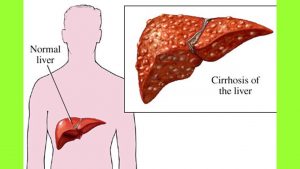
How To Cure Liver Cirrhosis Naturally | Liver Cirrhosis Natural Treatment | Liver Cirrhosis Diet

How to use Supplements ? Best Supplement For Indian Bodybuilding ?

The IDEAL Body According To Women!

Spa Associations Video – 1

Physical Fitness Defined | The Definition of Physical Fitness

What is KINESIOLOGICAL STRETCHING? What doesa KINESIOLOGICAL STRETCHING mean?

How Proactol Fat Burner Works ?
Lat Pull Down-2
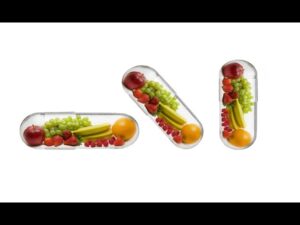
Vitamins & Minerals: Dietary Intake Definitions

How To: Rope Push-Down

Sports Nutrition & Supplementation Video – 1

Flexibility and Gymnastics Skills. Flexibility Stretches. Professional contortion. yoga flexibility

The Difference Between Sperm & Semen – Episode 20

Standing Leg Extension

